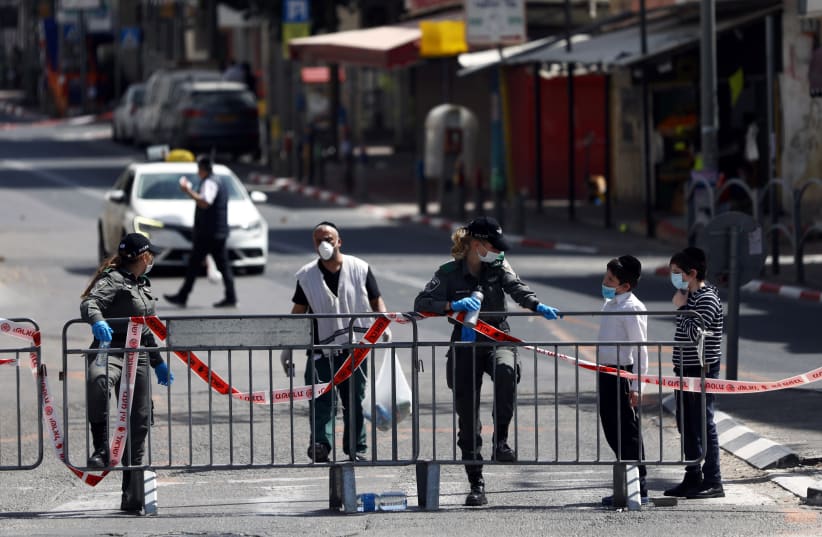People often ask: What is diplomacy? To them I say, diplomacy is the art of crafting personal relationships with international sources of influence, for the promotion of your country’s interests.
The experience of coronavirus has taught us that social distancing is the new norm. Media stories about unbridled competition between countries for medical supplies have given the impression that each has been left to fend for himself. However, I would like to state the exact opposite.
It is particularly in times of need such as these that countries and societies understand the importance of working together for their well-being. This understanding makes the Foreign Ministry, with its proven track record of bridge-building and collaboration, invaluable.
In Israel, we have become accustomed to emergency situations of the military kind, and knowing how to navigate them has become somewhat of a second nature to us. The coronavirus crisis is different however, and cannot be defeated with tanks or fighter jets. It requires us to use civilian capabilities, both domestically and abroad.
This is where diplomacy steps in. We are by no means medical professionals. Our strength lies in our ability to foster personal relationships with the movers and shakers of the world. This ability comes to life in our National Operation Room, where we work in synergy with our colleagues to find solutions to Israel’s medical and civilian needs, wherever and whenever they may arise.
The Foreign Ministry was responsible for at least half of the emergency medical supplies that arrived in Israel over the past month. Its work spanned from ensuring that Israel was one of the first countries to receive Japan’s experimental coronavirus medicine, through to securing the arrival of thousands of much-needed reagents from South Korea. Beyond medical supplies, other daily essentials are also being handled by our representatives abroad.
TAKE, FOR example, the emergency airlift of millions of eggs from Ukraine before Passover, ensuring that everyone’s Passover Seder table was complete, and that our age-long traditions could be fulfilled. In the spirit of the famous Jewish phrase for solidarity, “All Israelis are brethren,” the Foreign Ministry has coordinated over 60 special rescue flights resulting in more than 9,000 Israelis coming home from every corner of the globe.
At the earliest stages of the coronavirus crisis, we decided that all our missions abroad would continue to operate. I am proud to say that to this day not a single Israeli diplomat has left their posting. In doing so, we have effectively maintained both the current and future interests of the State of Israel. This decision allowed our diplomats to utilize their relationships for Israel’s present needs and sustain Israel’s bilateral relations for after the pandemic.
When we sang the traditional “Ma nishtana?” ("What has changed?") song at the Seder table on the first night of Passover, it seemed as though the answer was too vast to comprehend. While the coronavirus might have changed the way we go about our daily lives, it has not changed the major international issues that continue to require our attention. We are still fighting vigorously against Iran’s ongoing campaign to acquire nuclear capabilities, and for maintaining the sanctions program against the Iranian regime and economy.
Under the guise of the pandemic, we have seen antisemitism rear its ugly head, and witnessed the devastating blow coronavirus has dealt the institutionalized Jewish world. As the only Jewish state, we bear a moral responsibility to stand by our Jewish brothers and sisters in their time of need. We mourn those who perished, and will assist communities as they rebuild and fight antisemitism.
However, not all is lost. Within this global crisis there are unique opportunities. The crisis provides us the opportunity to foster new relationships and show our friends that we are willing to stand by them, shoulder to shoulder, even through the toughest of times. MASHAV’s (Israel’s Humanitarian and Development Aid Agency’s) recent transfer of aid to countries across Africa exemplifies this point.
On a personal note, I am proud to see the dedication, determination and creativity of all our diplomats who are contributing in the best possible way to the State of Israel and its citizens. I know that the Foreign Ministry will continue moving mountains, as it always has, in order to keep Israel safe.
The writer is the Foreign Ministry’s director general, and a former ambassador to Australia, Fiji and Papua New Guinea.
